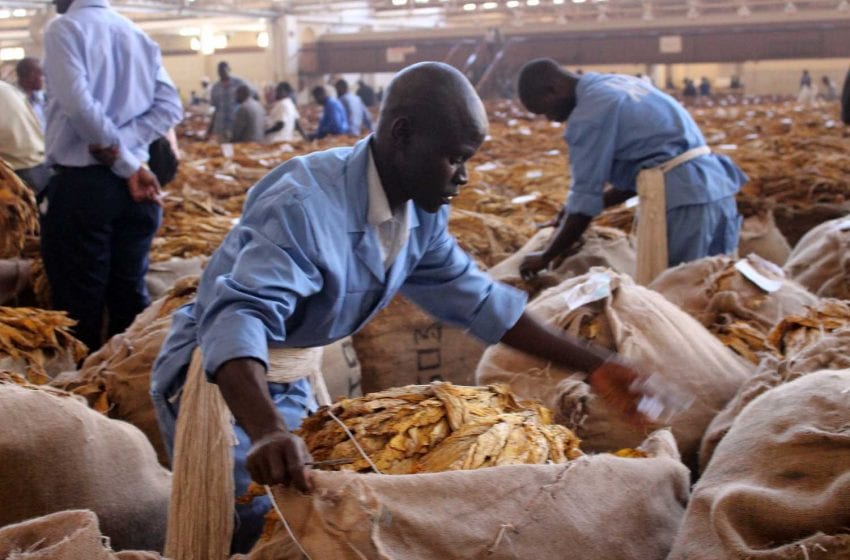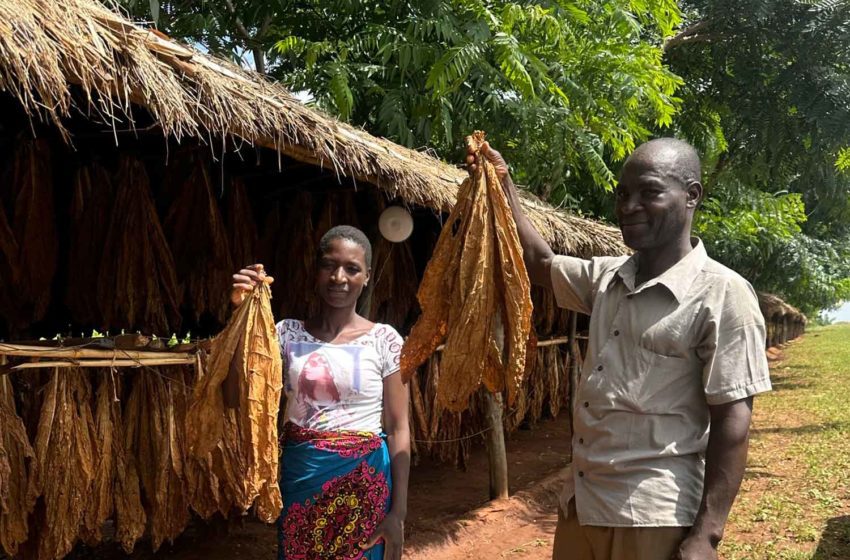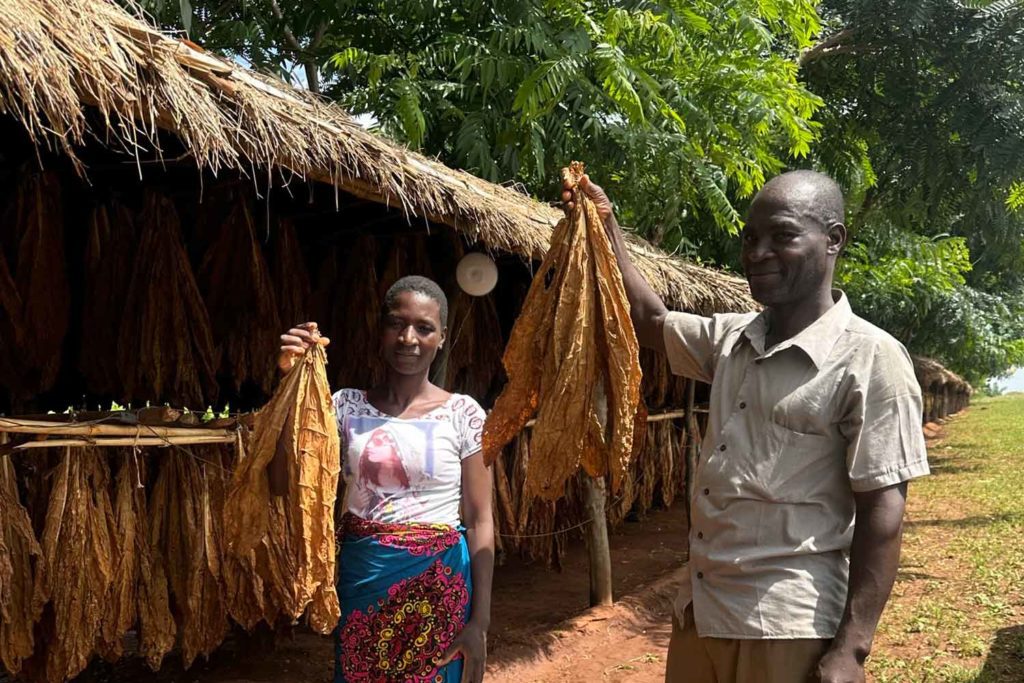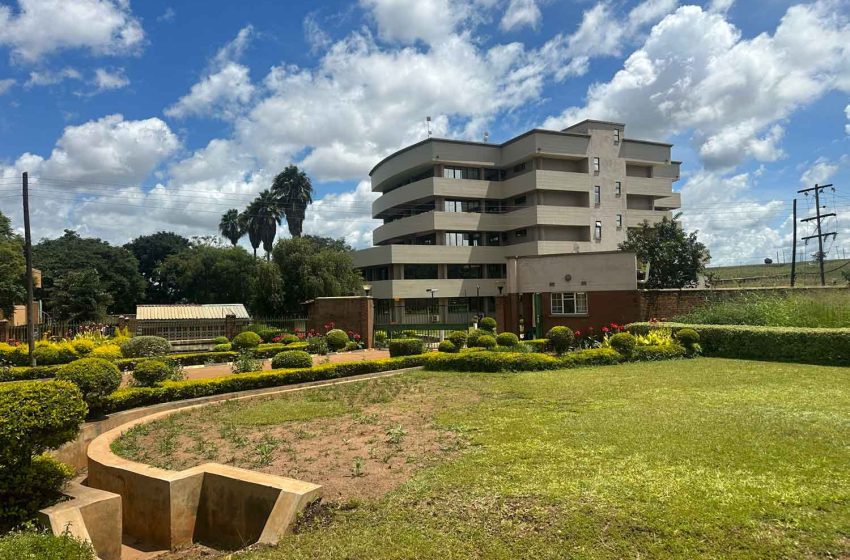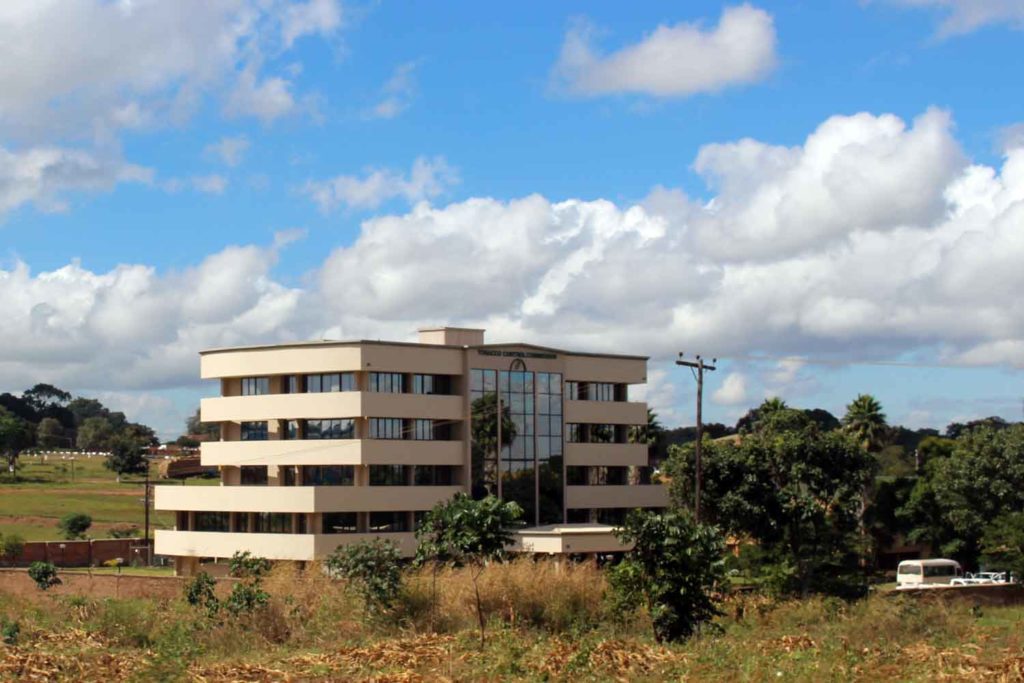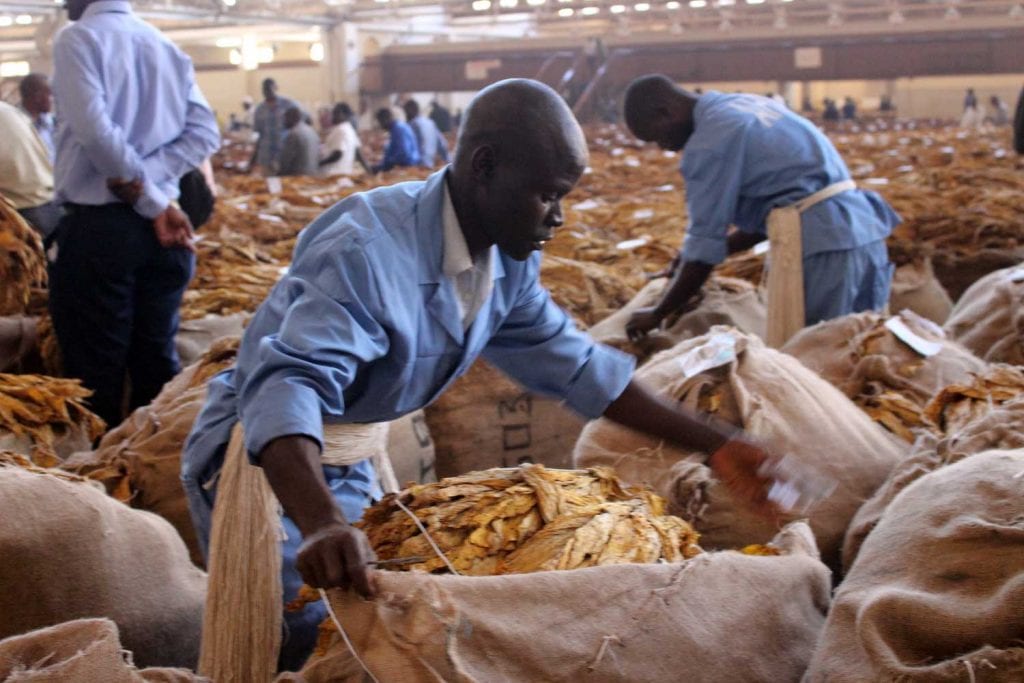
The Tobacco Commission (TC) of Malawi has licensed the production of more than 248 million kg in the upcoming growing season, reports Malawi24.
To give growers that missed the December registration an opportunity to participate in the crop, the TC recently extended the deadline to Jan. 31.
TC Public Relations Officer Theophilus Chigwenembe said the commission has not encountered any major challenges affecting the first round of crop estimates survey for the 2023/2024 farming season, which started on 15th this month.
Despite concerns about Malawi’s heavy economic reliance on tobacco production, the government continues to view the golden leaf as a critical resource for the economy.
During a recent industry conference in Malawi, government representatives stressed the importance of compliance and data-driven strategies.
“We believe that high quality data management will help all stakeholders not only track and trace our tobacco but also guide minimum performance levels that are expected of tobacco leaf suppliers in areas such as sustainable agriculture, environment and human rights,” Medrina Muloza Banda, principal secretary in the ministry of agriculture, was quoted as saying by the Nyasa Times.
“Ultimately, this will make our tobacco compliant with international standards, thereby making our leaf more compliant to the global demand.”

